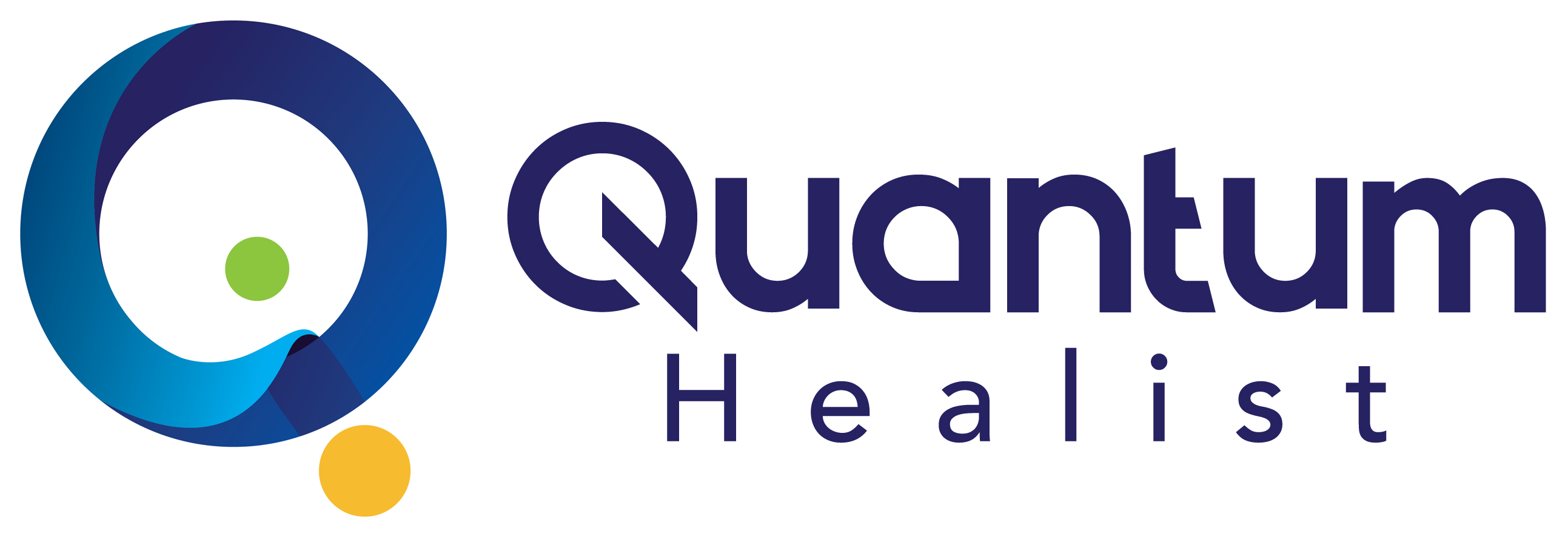The Role of Forgiveness in Your Healing Journey
The path to self-love and self-healing often begins with forgiveness. But what is forgiveness, really? It’s not about ignoring wrongdoings or letting someone off the hook. Instead, forgiveness involves letting go of resentment and the desire for revenge, providing space for healing and freedom from past hurts.
Research has found that forgiveness can lead to improved physical and mental health, including reduced anxiety and depression, lower blood pressure, and improved heart health. It’s not just an abstract concept; it’s a practical tool for wellbeing.
Forgiveness doesn’t only benefit us psychologically; it also contributes to our social health. It enables us to maintain and repair relationships, leading to stronger social bonds and better overall quality of life. This long read is well worth your time as it clarifies the role of forgiveness on your self-development journey.
- Psychological Benefits:
Forgiveness is a powerful tool for enhancing mental health. When we forgive, we let go of the resentment and anger that often accompany feelings of having been wronged. Holding onto these negative emotions can contribute to conditions like depression, anxiety, and stress disorders. By forgiving, we can reduce these risks, fostering more peace, happiness, and overall psychological wellbeing.
- Physical Health Benefits:
Chronic negative emotions, such as anger or resentment, are associated with a host of physical health problems. These include increased risk for heart disease, stroke, and immune dysfunction. On the other hand, forgiveness has been linked with improved cardiovascular health, lower blood pressure, better immune function, and even longer lifespan.
- Social Benefits:
Forgiveness can also be key to healthier social relationships. Holding onto resentment can damage relationships, while forgiveness allows us to move forward and even strengthen ties. This can lead to better interpersonal relationships and improved social support, both of which are important for overall wellbeing.
- Emotional Benefits:
Emotional healing is one of the most profound benefits of forgiveness. When we hold onto resentment, we often replay painful experiences over and over, preventing the healing process. Forgiveness allows us to let go of this cycle, encouraging emotional healing and growth.
Mindfulness: A Healing Practice
- Mental Health Benefits:
Mindfulness practice can have significant benefits for mental health. It is linked with reduced symptoms in conditions such as anxiety, depression, and post-traumatic stress disorder (PTSD). It also improves attention, concentration, and cognitive flexibility, making it an excellent tool for managing mental health.
- Physical Health Benefits:
Regular mindfulness practice can also benefit physical health. It has been associated with lower blood pressure, improved sleep, and better immune system function. Additionally, it can help manage chronic pain and can improve outcomes for those with illnesses such as cancer, heart disease, and fibromyalgia.
- Emotional Benefits:
Mindfulness provides a way to become more aware of our emotions without being swept away by them. This can result in improved emotional regulation, greater resilience to stress, and increased self-compassion.
- Social Benefits:
Mindfulness can enhance our relationships by making us more attentive, patient, and understanding. It promotes empathy and compassion, both of which can lead to more fulfilling social connections.
Techniques to Foster Forgiveness and Mindfulness
- Journaling:
Writing about our experiences can be an effective way to process emotions and work towards forgiveness. It can also help us become more mindful of our thoughts and feelings.
- Mindful Meditation:
This is a cornerstone of mindfulness practice. Regular meditation, even for just a few minutes a day, can help us become more aware of the present moment, reducing stress and promoting emotional wellbeing.
- Cultivating Empathy:
Trying to understand the perspective of the person who hurt us can facilitate forgiveness. Empathy can also make us more understanding and accepting in our relationships.
- Mindfulness-Based Cognitive Therapy (MBCT):
This is a structured program that combines mindfulness techniques with elements of cognitive therapy to help prevent relapse in depression. It can also be beneficial for a range of other mental health conditions.
We would like to conclude that forgiveness and mindfulness offer a range of health benefits that promote healing on emotional, mental, physical, and social levels. They offer a path towards releasing negative emotions and fostering compassion, resilience, and wellbeing. While this is not an exhaustive list of the benefits or techniques, it offers a strong foundation for understanding the power of these practices for healing and health.
